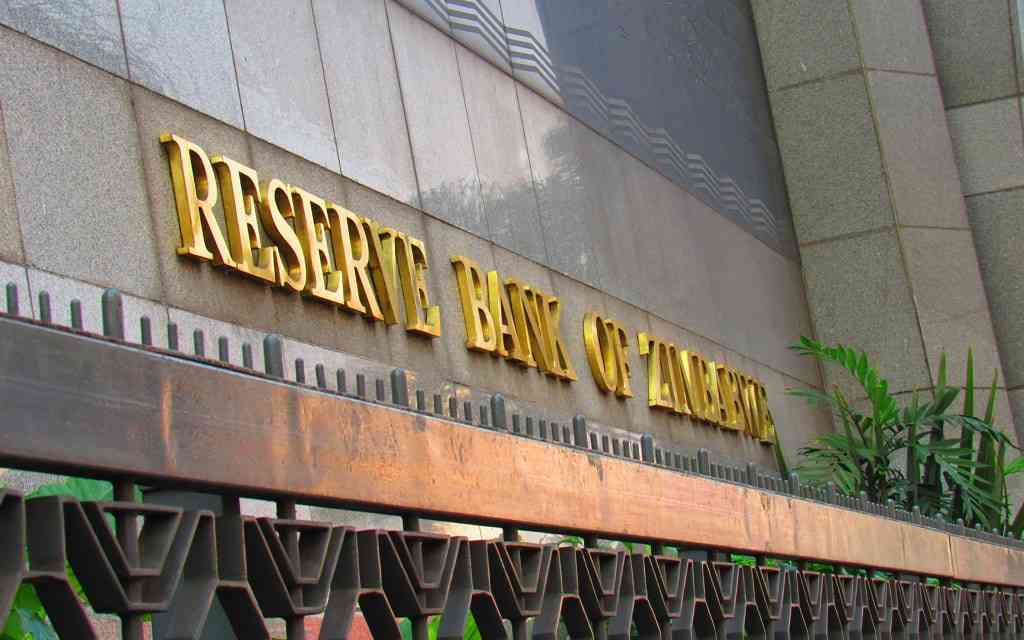
ZIMBABWE Information and Communication Technology chairperson Jacob Mutisi says cryptocurrency scams are increasing and evolving, with many vulnerable Zimbabweans being lured.
Despite the Reserve Bank of Zimbabwe banning cryptocurrency in May 2018, Zimbabweans are still heavily engaged in this digital asset space, with hundreds of thousands of United States dollars estimated to be floating in this industry.
When the central bank banned cryptocurrencies, one bitcoin was worth about US$8 800, which peaked to US$101 373,53 as of December 15 this month.
Hence, the central bank deprived ordinary Zimbabweans of the opportunity to nearly 12x their cryptocurrency investment.
As of writing this article, one bitcoin was worth US$93 483,69.
“Cryptocurrency scams significantly undermine investor confidence. When high-profile frauds, particularly WhatsApp scams, occur in Zimbabwe, they can lead to a general mistrust of the entire sector, causing potential investors to hesitate,” Mutisi told NewsDay Business in an interview .
“This results in decreased market participation, reduced liquidity, and ultimately, price volatility.
“As trust diminishes, legitimate projects may struggle to attract funding, stunting innovation and growth within the industry.”
- Rampaging inflation hits Old Mutual . . . giant slips to $9 billion loss after tax
- Monetary measures spur exchange rate stability: RBZ
- Zim deploys IMF windfall to horticulture
- Banker demands $21m from land developer
Keep Reading
He noted that the repercussions of these scams extended beyond individual losses.
“The negative coverage on social media can create a cycle of fear, exacerbating sell-offs and leading to market downturns,” Mutisi said.
“Reports of fraudulent activities spread rapidly across social media, prompting panicked sell-offs and further worsening market conditions.
“Consequently, even well-established and legitimate cryptocurrency projects struggle to gain traction amid the prevailing atmosphere of distrust.”
He emphasised that the fear of falling victim to fraud caused potential investors to remain on the sidelines.
“The Zimbabwean government and regulatory bodies should develop clear guidelines and regulations that protect investors while fostering innovation. This includes registration requirements for cryptocurrency exchanges and ICOs [initial coin offerings],” Mutisi said.
“The industry should prioritise the implementation of robust security protocols across platforms, such as two-factor authentication, cold storage solutions, and regular security audits.”
He said increasing public awareness about the risks of cryptocurrency investments was crucial.
“Educational programmes can help potential investors recognise red flags and avoid scams,” Mutisi continued.
“Strengthening partnerships between cryptocurrency platforms and law enforcement will improve the detection and prosecution of fraudsters.
“By addressing these areas, Zimbabwe’s cryptocurrency industry can work towards building a secure and trustworthy environment for investors.”
The central bank considered adopting cryptocurrency as domestic tender to deal with the Zimdollar’s rapid depreciation, leading to the introduction of the Zimbabwe Gold currency in April.











